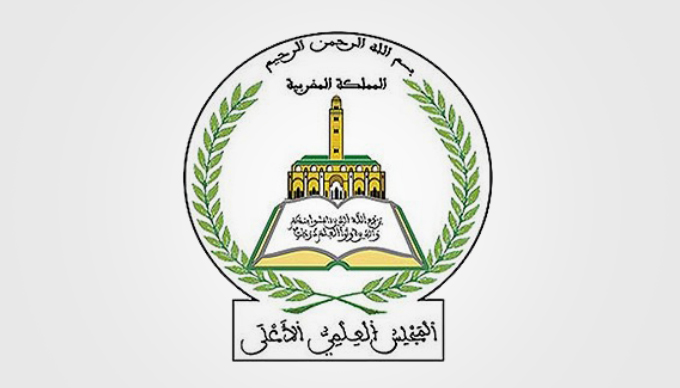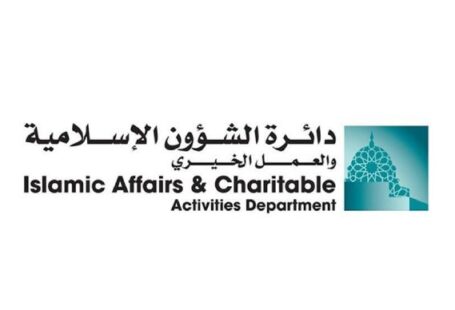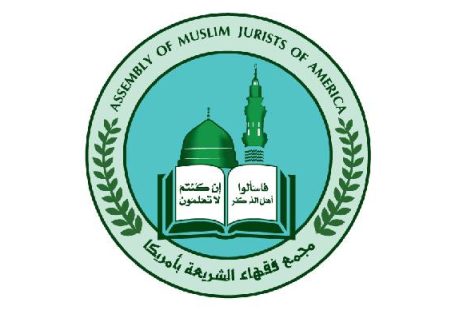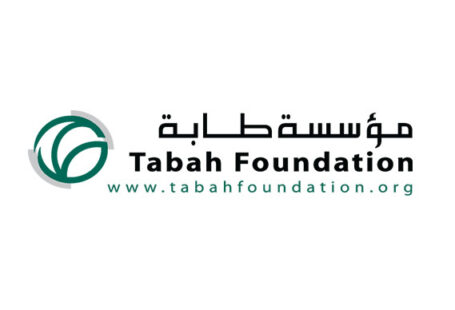The Council of Senior Scholars of Morocco is the highest official religious authority in Morocco, and includes a fatwa council. It follows the Maliki School.
The fatwa starts by reasserting the importance of Zakat as one of the five pillars of Islam.
It then explains that Muslims must give Zakat on their own to legitimate beneficiaries from their countries, who are the categories mentioned in the Quran, Surah 9, verse 60. But it is also allowed to transfer some or all of one’s Zakat to beneficiaries outside the country, if their needs are higher than in the country of the Zakat donor.
It is also allowed for the Zakat donor to use an agent he or she trusts, whether the agent is an individual or an organization, to distribute Zakat to legitimate beneficiaries in the donor’s country or abroad. This is because Zakat is a financial obligation in which agency is allowed. It can even be preferable or obligatory to use an agent if it is impossible for the Zakat donor to directly reach out to the beneficiaries, as this is the case for displaced populations.
The fatwa then develops the topic of transferring Zakat abroad, quoting references of the Maliki School. It explains the stance of some scholars regarding the hadeeth used by others to forbid transfer of Zakat abroad. The hadeeth is the one where the Prophet (peace be upon him) sends Mu’adh to the people of Yemen and tells him what to teach them. Among others he tells him to “take alms from their rich for their poor”. Alms here refers to Zakat. The fatwa points out that the preposition “their” refers to Muslims generally speaking. It does not refer to the Muslims of this particular country, as understood by those saying Zakat cannot be transferred abroad.
It then quotes Imam Malik from the book Al Mudawana. He was asked: “where Zakat should be distributed?” He replied: “to the people of the place where Zakat is collected (…). If something is remaining after this, then Zakat would be distributed to the nearest country.” He also says: “if the people of a country are rich, and the Governor knows of another country in a situation of need (…), and part of the Zakat is transferred to [the people of this other country], I see this as being the correct way, because Muslims should support each other in situations of need”. Other books from the Maliki School are also quoted.
There is no doubt, according to the fatwa, that the reason mentioned in the books for transferring Zakat abroad is present in the case of displaced populations. This is very clear when one looks at their situation, and their lack of basic conditions for a dignified life.
The fatwa states that the displaced Muslims from Syria, Iraq and Yemen, because of their difficult situations, are considered to be from the Abna’ Sabeel (stranded travelers), Fuqara (poor) and Masakeen (needy). Some of them could also be considered from the category of the Al Muallafati Quluubuhum (for bringing hearts together [for Islam]).
Before giving a summary of the fatwa, the Council affirms that for those who want to give Zakat to displaced people, UNHCR is the only means or organization to do so. UNHCR would be considered as an agent for the Zakat donor, to transfer Zakat to the countries where these people have been displaced.
The fatwa concludes that it is allowed to give Zakat to UNHCR and to consider the organization as a Zakat agent, because it is a neutral and trustworthy organization. In addition to this, giving Zakat to displaced populations is also part of the Islamic and humanist solidarity and cohesion that are promoted by the Quran and the Sunnah.











Social Profiles